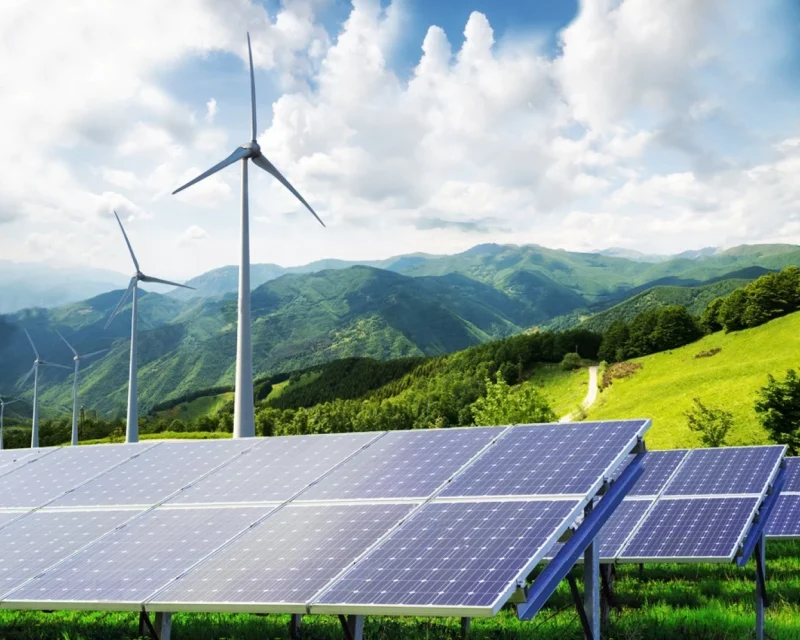Biden Administration Unveils Tax Credit Scheme for Clean Energy
In a bold move to elevate the clean energy sector, the Biden administration has rolled out a sweeping tax credit scheme aimed at incentivizing higher wages and the employment of apprentices within the industry. This initiative is part of a broader strategy to make clean energy as competitive as its oil and gas counterparts while advancing President Biden’s dual goals of job creation and climate action.
The funding mechanism for these generous tax credits springs from the Inflation Reduction Act (IRA), a legislative juggernaut that injected approximately $370 billion into a vast array of solar, wind, and electric vehicle subsidies and tax credits. This financial muscle is intended to galvanize the clean energy sector, fostering a fertile ground for job creation and industry growth.
Under the new scheme, clean energy companies that commit to paying prevailing wages and hiring apprentices stand to gain significantly larger tax credits. This stipulation ensures that the burgeoning clean energy workforce is not only growing in numbers but also benefiting from equitable and substantial compensation. It’s a strategic pivot designed to lure talent into the clean energy fold, ensuring that the sector can attract and retain skilled workers who might otherwise gravitate towards more established industries like oil and gas.
The Treasury Department’s data underscores the transformative potential of the IRA. Since its passage in 2022, investments in clean energy projects have surged, with projections indicating the creation of over 270,000 jobs. Looking ahead, studies forecast the generation of more than 1.5 million additional jobs over the next decade. This jobs bonanza not only highlights the economic viability of clean energy but also its capacity to drive substantial workforce expansion.
This initiative, however, is more than just a numbers game. It’s about recalibrating the economic scales in favor of sustainable industries. By tying tax credits to fair wages and apprenticeship opportunities, the Biden administration is embedding principles of economic justice and workforce development into the clean energy narrative. This approach is poised to cultivate a robust, skilled labor force that can sustain and accelerate the industry’s momentum.
In essence, the clean energy tax credits are a strategic maneuver to elevate the industry to new heights. By fostering a competitive, well-paid, and skilled workforce, the Biden administration is not only championing climate action but also setting the stage for an economic renaissance rooted in sustainability. The ripple effects of this policy could redefine the clean energy landscape, making it a powerhouse of innovation, job creation, and economic equity.






